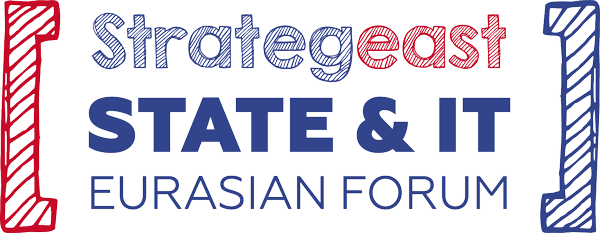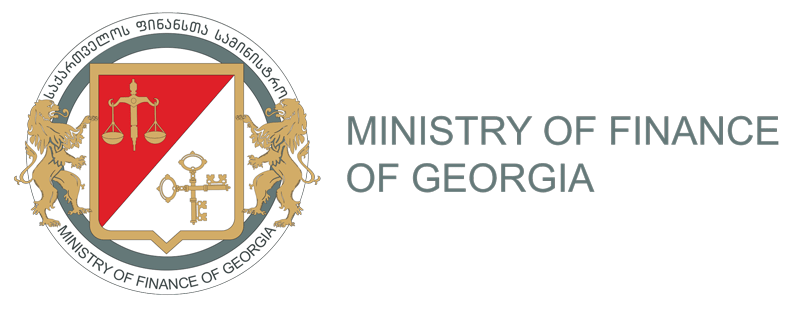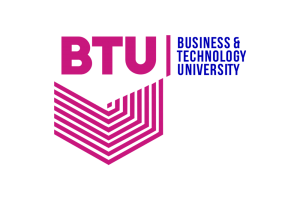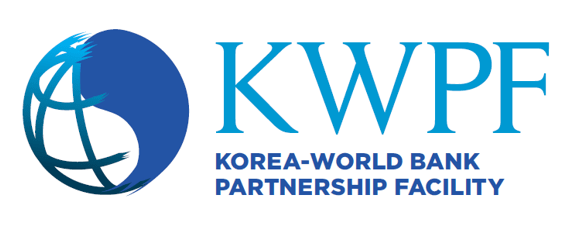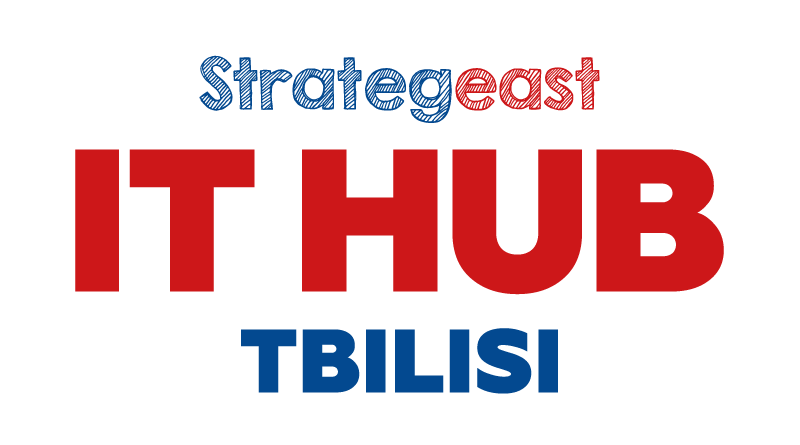The IT sector in the Eurasian countries is not only a tool to transform the region’s economy from a resource-oriented model to a knowledge-driven one. It creates an opportunity to uproot some of the most fundamental plights of the region – corruption, systematic breach of the intellectual property rights, the absence of the rule of law.
The 2nd StrategEast State and IT Eurasian Forum will discuss ideas on technology as a remedy and will gather the global and the local representatives of the private sector, the governments and the financial institutions. It will provide a unique opportunity to continue a discussion of what needs to be done in order to enhance the innovative economy across the region, and to assist the Eurasian countries to integrate into the global economic and security system.
The forum serves as a unique platform to maintain a lively dialogue between the governments of Eurasian countries and the leaders of the global IT industry. The event is striving to facilitate a more efficient and dynamic development of the IT industry in the region despite the topical challenges.

